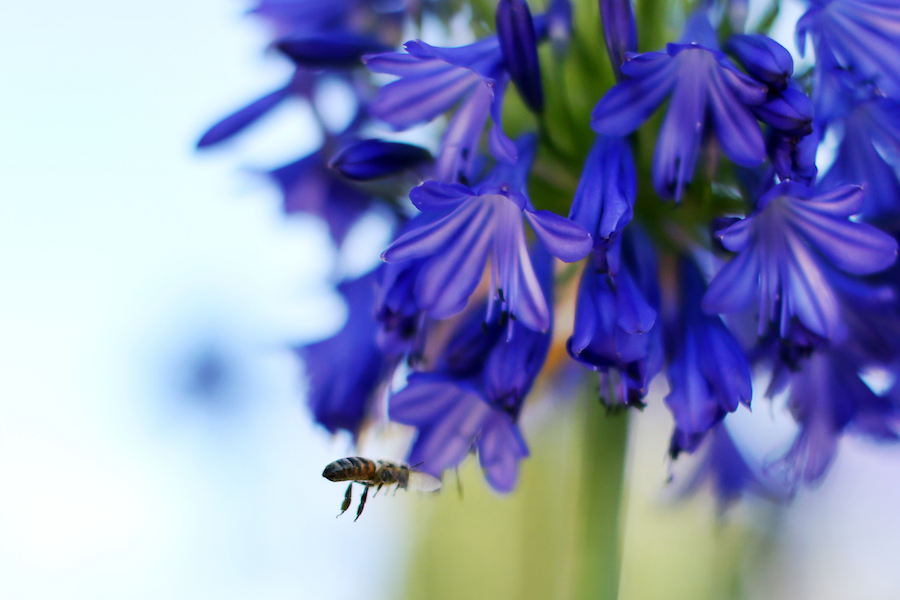
Courses touch on basic beekeeping, queen rearing, bee breeding.
Anyone interested in becoming a beekeeper or learning about beekeeping skills will soon have an opportunity to take a series of beekeeping courses at UC Davis’ Harry H. Laidlaw Jr. Honey Bee Research Facility beginning on Feb. 13.
The classes are public, which means that they are open to anyone above the age of 14.
As of right now, there are three courses available, though more are being planned for the future. The first course, “Planning Ahead for Your First Hives,” will launch on Feb. 13 and is suited for beginners who have little to no experience with beekeeping. This introductory course will teach students the practical skills necessary to owning and caring for their own honey bee colonies.
The second course, “Working Your Colonies,” will launch the following week and is intended for novice beekeepers who have previous experience with bee colonies or have taken the introductory course and want to continue developing their beekeeping skills. The course includes hands-on activities and demonstrations that will educate students on beehives, inspecting their colonies and how to solve problems with their colonies.
The third course, “Queen-Rearing Techniques,” will begin in March and is intended for those who already have some experience with beekeeping and will include lessons on rearing their own queens and possibly bee breeding. In addition to lectures and hands-on exercise, the course will also include a tour of UC Davis’ Häagen-Dazs Honey Bee Haven, an outdoor bee museum on campus.
According to Charlie Nye, staff research associate and facility manager, the classes will be led by extension agriculturist Elina Lastro Niño and staff research associate Bernardo Niño.
“On the surface, it’s interesting because the students will be learning about beekeeping, how bees work in the hive, and what it takes to keep a hive healthy,” Nye said. “On a larger scale, beekeeping really gives us an in-depth look into how our agricultural system and natural ecosystems work. We all have a general idea of how flowers and bees work, but when you start learning about the details of what is going on, it can really open up your eyes to every blooming flower and how important every detail of the natural world is to a larger system.”
According to Niño, there is another course planned for April which will focus on breeding. The goal is to be running up to six or seven classes a year and eventually expand the course to the California Master Beekeeper Program in 2016, a statewide series of beekeeping courses across various universities and locations in California with UC Davis as the headquarters.
“There is a lot of information out there on the internet about bees and beekeeping. Some of it is very good. Some of it is […] very terrible,” Niño said. “We really want to create a real foundational base for beekeepers to be able to access.”
Nicole Hage, a second-year animal science major, expressed interest in new beekeeping courses being offered on campus.
“I think it would be something very cool to be a part of, especially now that it’s starting to be built from the ground up, and I’m proud to go to a school that invests its time and research and money into something like this,” Hage said.
For more information concerning the specific course dates, registration fees and how to sign up, visit elninobeelab.ucdavis.edu.
Written by: SANGEETHA RAMAMURTHY – campus@theaggie.org





